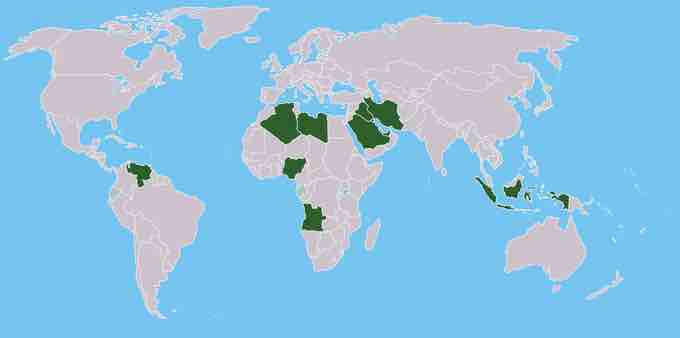A cartel is an agreement among competing firms to collude in order to attain higher profits. Cartels usually occur in an oligopolistic industry, where the number of sellers is small and the products being traded are homogeneous. Cartel members may agree on such matters are price fixing, total industry output, market share, allocation of customers, allocation of territories, bid rigging, establishment of common sales agencies, and the division of profits.
Game theory suggests that cartels are inherently unstable, because the behavior of cartel members represents a prisoner's dilemma. Each member of a cartel would be able to make a higher profit, at least in the short-run, by breaking the agreement (producing a greater quantity or selling at a lower price) than it would make by abiding by it. However, if the cartel collapses because of defections, the firms would revert to competing, profits would drop, and all would be worse off.
Whether members of a cartel choose to cheat on the agreement depends on whether the short-term returns to cheating outweigh the long-term losses from the possible breakdown of the cartel. It also partly depends on how difficult it is for firms to monitor whether the agreement is being adhered to by other firms. If monitoring is difficult, a member is likely to get away with cheating for longer; members would then be more likely to cheat, and the cartel will be more unstable.
Perhaps the most globally recognizable and effective cartel is OPEC, the Organization of Petroleum Exporting Countries . In 1973 members of OPEC reduced their production of oil. Because crude oil from the Middle East was known to have few substitutes, OPEC member's profits skyrocketed. From 1973 to 1979, the price of oil increased by $70 per barrel, an unprecedented number at the time. In the mid 1980s, however, OPEC started to weaken. Discovery of new oil fields in Alaska and Canada introduced new alternatives to Middle Eastern oil, causing OPEC's prices and profits to fall. Around the same time OPEC members also started cheating to try to increase individual profits.

OPEC
In the 1970s, OPEC members successfully colluded to reduce the global production of oil, leading to higher profits for member countries.